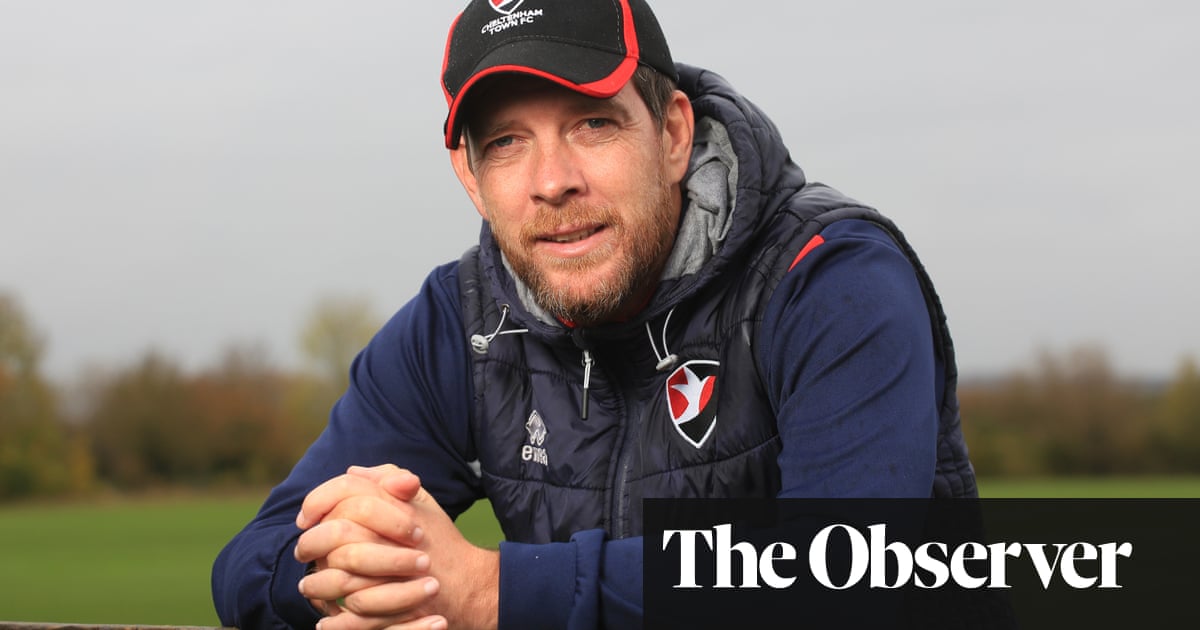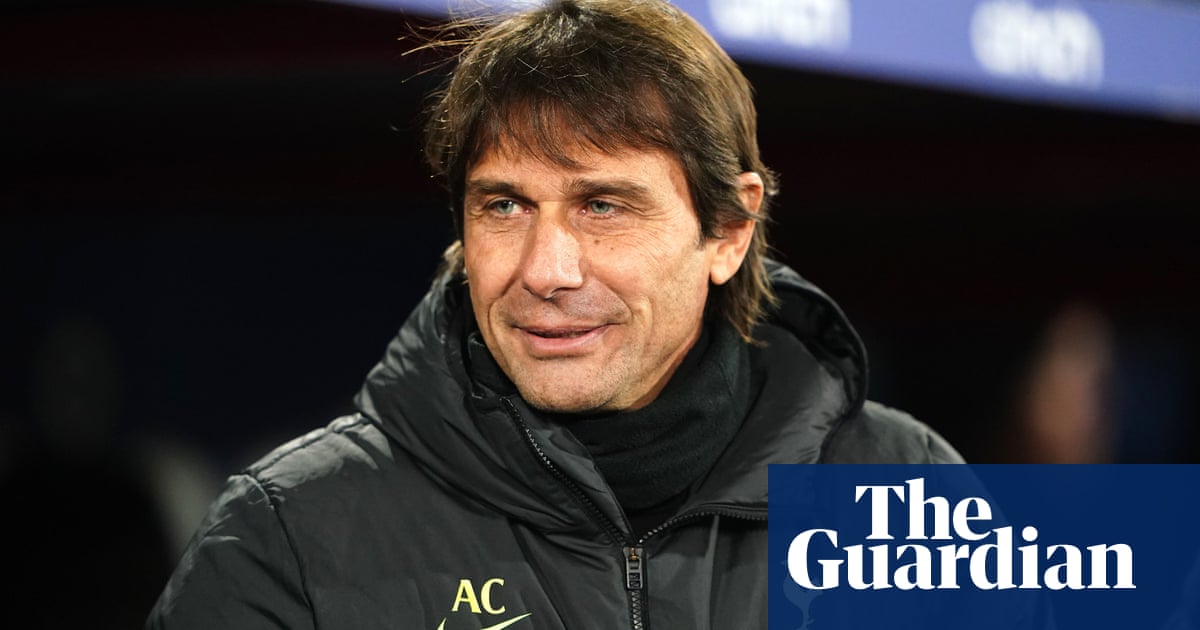
Luis Enrique
On those rare occasions that you catch a glimpse of Luis Enrique these days, he is usually in cycling gear, after some punishing ride. He has also completed the 10-hour Frankfurt Ironman triathlon, the New York Marathon and he took on the Sables marathon in Morocco, 255km through the desert with a 10 kilo rucksack on his back. That competitiveness has also been core to his coaching, just as it was when he was a player: hyperactive, aggressive and talented, too.
At the end of his playing career he coached Barcelona B, then Roma and then Celta, where the first thing he did was have scaffolding erected at the club’s training ground from which he watched the sessions. A technical observation centre, they called it. At Barcelona he was forced to adapt, not least to Messi – but his personality remained. He was often accused of not defending Barcelona’s “identity”, not being enough of a purist. But he did speed them up, increase fitness and impose a tough seriousness. With three up front, they were quicker to counter, and a bit more direct – but they played some superb football at times, too.
There were moments of tension. Xavi had to intervene to improve relations with Messi and, while Luis Enrique was often funnier and even more playful than some wanted to admit, his public humour was often sarcastic. The media never warmed to him, nor he to them. He had little time for the “other” things that go with management. He wanted to compete, not be anyone’s friend. With players, he maintained distance – and when he went few lamented his departure, despite him winning three cups, two leagues and a European Cup in three years. Sid Lowe
•Luis Enrique is available and eager to return to management, and had always appeared Conte’s successor in waiting – though his wage demands may prove to be a stumbling block. His favoured backroom staff, Robert Moreno, Rafel Pol and Joaquín Valdes, would also have to be bought out of the final year of their contracts at Celta Vigo. Dominic Fifield
Massimiliano Allegri
“Max” Allegri has successfully replaced Antonio Conte once already. He was appointed at Juventus after Conte left in 2014. His predecessor had won three straight titles but Allegri bettered that by winning three straight doubles and also took Juve much further in Europe, twice reaching the Champions League final. He built on Conte’s foundations by evolving Juve’s style, making them more flexible in formation and more varied in attack. His tactical know-how was acclaimed even before his feats at Juve – he was voted Italy’s manager of the year while at Cagliari in 2009 – and it remains a forte, as he demonstrated by making in-match changes that helped Juve eliminate Tottenham from this season’s Champions League.
His man-management style is different to Conte’s. Although he is equally meticulous, he is not so intense, speaking less about going to war. But he can still make cold decisions. He fell out with Andrea Pirlo at Milan in 2011, largely because he believed Pirlo’s best days were in the past. The midfielder made that seem a misjudgment by leaving and winning the league with Conte’s Juve. While Allegri did not win the title again with Milan, he did wring fine performances from young players including Mario Balotelli. And when he hooked up with Pirlo again at Juve in 2014, the pair made up and won the double together. Paul Doyle
•The Italian was considered by Chelsea at length in 2016 so the background checks have already been compiled. He has expressed a desire to work abroad, but is contracted to 2020 and apparently desperate to claim a European Cup with Juve. That seems improbable this term, so he would need convincing that the time is right. DF
Leonardo Jardim
Born to Portuguese parents in the Venezuelan city of Barcelona, Jardim has worked his way up from obscurity to become one of the most admired managers in Europe. He never played professionally but began coaching in his early 20s with youth teams, women’s teams and a handball team, before being made assistant at non-league AS Camacha at the age of 27. He made his name by leading a couple of small Portuguese sides to promotions from the lower leagues before taking Braga to third in the Portuguese top flight in 2012. That earned him a move to Olympiakos, where he was sacked after seven months despite being 10 points clear at the top. A defensive style was blamed but there was also talk of a dispute with the club’s president.
He returned to Portugal and took charge of Sporting, where he again demonstrated his key qualities: tactical versatility and an aptitude for cultivating youth. Those skills have been to the fore at Monaco, his employer since 2014. Initially criticised in France as too cautious, he revamped his approach for 2016-17 and turned Monaco into one of the most swashbuckling teams in Europe, beating PSG to the title and reaching the Champions League semi-finals while getting the best out of young players (including Tiémoué Bakayoko) and senior stars such as Radamel Falcao. He is 43 now. In 2012 he said he would stop at 45 “to enjoy the fruit of my labours” – but last year he revised that to “50 at the most”. PD
•Chelsea will have been impressed by the attacking verve of Jardim’s Monaco over the last two years, as well as his ability to develop a vibrant, youthful side. He is young, affordable, unlikely to rock the boat too violently – the board would find that prospect appealing – and may be ready for a new challenge. DF The Guardian Sport












